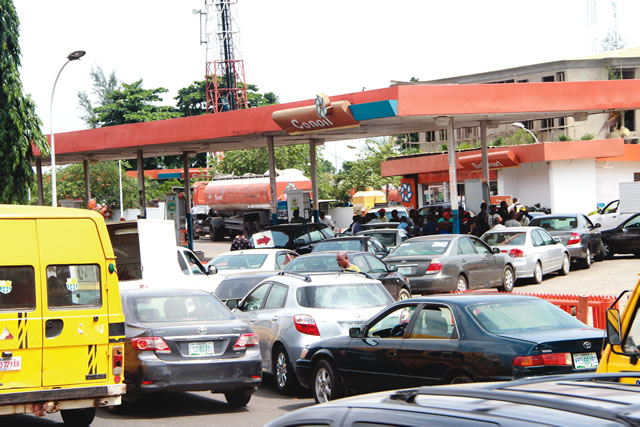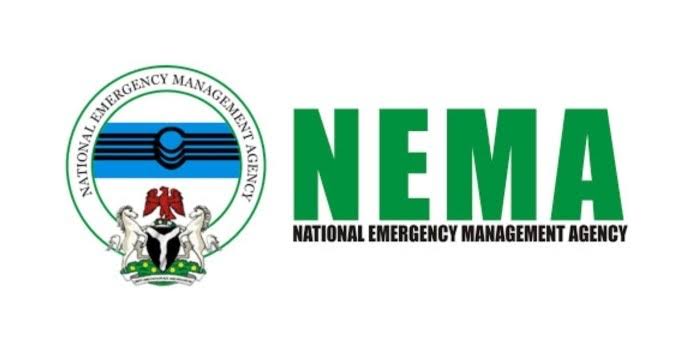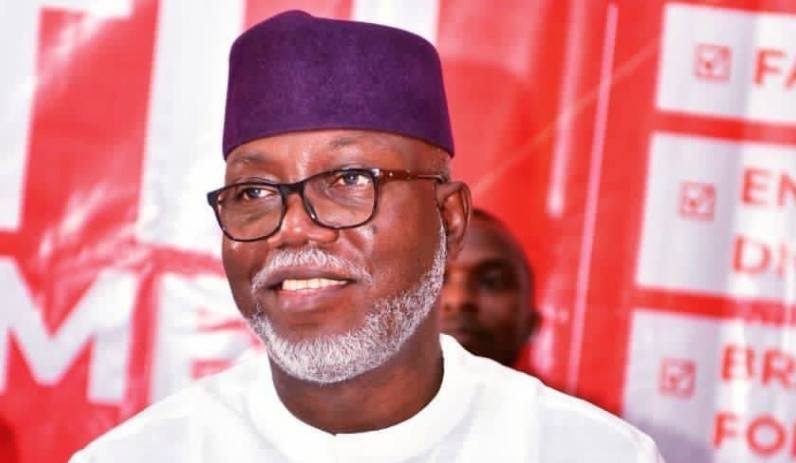Senate passes 2022-2024 expenditure framework

The Nigerian Senate passed the 2022-2024 Medium Term Expenditure Framework (MTEF) and Fiscal Strategy Paper (FSP) on Wednesday.
The revised document was received and referred to the Committee on Finance on October 5 for speedy consideration ahead of the October 7 budget presentation to the National Assembly by President Buhari.
The approval of the revised MTEF and FST at plenary on Wednesday followed the consideration of a report by the Committee on Finance.
The Senate in its recommendation approved the aggregate expenditure of N16.39 trillion from the previous N13.98 trillion for the year 2022.
It also approved the retained revenue of N10.3 trillion and N635.4 billion fiscal deficits.
It commended the Budget Office of the Federation and the Federal Ministry of Finance, Budget and National Planning for insisting that MDAs submit their revenue profile as premise for being captured in the 2022 budget proposal.
Chairman of the committee, Senator Olamilekan Adeola (APC-Lagos), in his presentation, said that gross revenue projection was decreased by N341.57 billion, from N8.870 trillion to N8.528 trillion.
According to him, deductions for Federally-funded upstream projects costs and 13 per cent derivation was slashed by N335.3 billion and N810.25 million, respectively.
He said that while net oil and gas revenue projection declined by N5.42 billion from N6.540 trillion to N6.535 trillion, non-oil taxes remained unchanged.
He explained that the federal government’s retained revenue was projected to increase by N1.773 trillion, from N8.36 trillion to N10.13 trillion.
Mr Adeola said that the new increase to the federal government’s expenditure was N5.241 trillion.
Mr Buhari, had in a letter to the Senate dated October 4, explained that the revision was necessitated by the need to reflect the new fiscal terms in the Petroleum Industry Act, 2021 and other critical expenditures in the 2022 budget.
According to Mr Buhari, the underlying drivers of the 2022 fiscal projections, such as oil price benchmark, oil production volume, exchange rate, GDP growth, and inflation rate reflect emergent realities.
They also reflected that the country’s macroeconomic outlook remained unchanged as in the previously approved 2022-2024 MTEF/FSP, he stated.
(NAN)
We have recently deactivated our website's comment provider in favour of other channels of distribution and commentary. We encourage you to join the conversation on our stories via our Facebook, Twitter and other social media pages.
More from Peoples Gazette

Politics
Katsina youths pledge to deliver over 2 million votes to Atiku
“Katsina State is Atiku’s political base because it is his second home.”

Abuja
Fuel Scarcity: Motorists lament as long queues resurface in FCT
They appealed to the federal government to resolve whatever the issues were.

Heading 1
NEMA urges early preparedness for disaster management
“These were accompanied by economic, agriculture, and livelihood losses,” she said.

NationWide
Plateau governor calls for stronger Nigeria-U.S. collaboration to tackle insecurity
The governor was part of a delegation of the Nigerian governors participating in the event.

NationWide
Discrimination: Owners of Chinese supermarket have responded to our summons, says FCCPC
The agency assured that it will continue to provide updates as the investigation progresses.

Heading 4
Association proposes N350,000 minimum wage for workers
“Nigeria must transcend the concept of a mere minimum wage to embrace the notion of a living wage.

Heading 5
Gov. Aiyedatiwa seeks support for Ondo’s educational development
According to him, no government can fund education alone.








